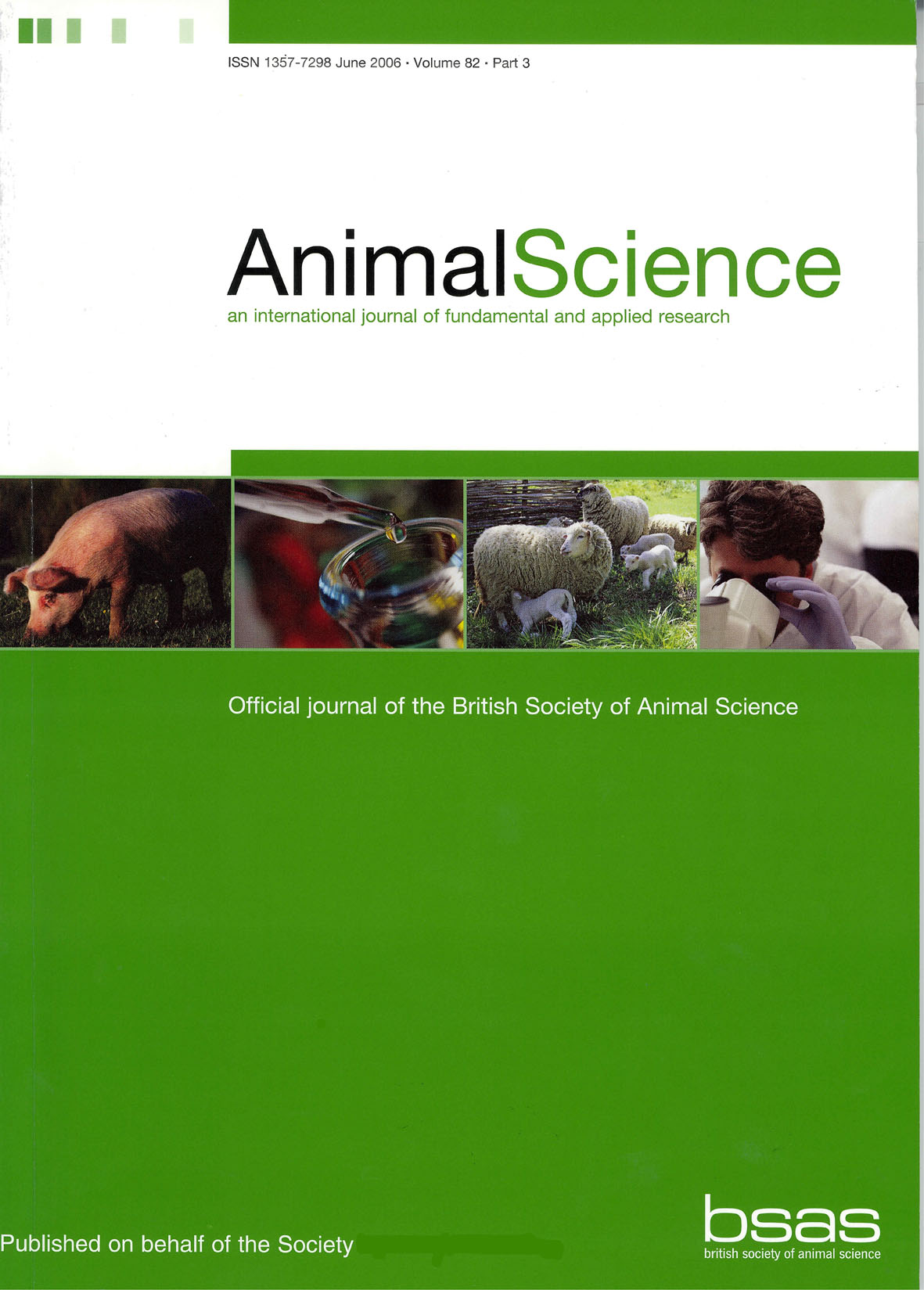Article contents
An ethical evaluation of animal biotechnology: the case of using clones in dairy cattle breeding
Published online by Cambridge University Press: 02 September 2010
Abstract
This paper presents an approach for ethical evaluation of biotechnology, which is illustrated by cloning in dairy cattle breeding. The approach for ethical decision-making that was followed, the so-called network model, started with determining fundamental moral principles that together constitute a framework for the detection of ethical issues in a given situation. In terms of human ethics, four fundamental principles have been defined: beneficence, non-maleficence, justice and autonomy. In the context of animal biotechnology, the same four fundamental moral principles as in humans are considered, except that autonomy is replaced by respect for the integrity of the animal. Based on a Dutch advisory committee concerning animal biotechnology, two additional principles were considered: irreversibility and veriflability. For each individual case, moral decision-making means balancing of moral intuitions, moral principles and morally relevant facts. The final outcome on moral acceptability of an action, therefore, will differ among people. The latter is demonstrated using three types of people (the ruler, the steward and the partner/participant). For each type of person, the fundamental attitude toward animals and nature is defined and a possible decision on the application of cloning in dairy cattle breeding is given. The authors' opinion, however, is that the benefits of cloning are relatively small, especially in the long term, whereas the moral drawbacks of cloning are considerable. The authors conclude that other ways of furthering animal husbandry should have priority.
- Type
- Research Article
- Information
- Copyright
- Copyright © British Society of Animal Science 1995
References
- 12
- Cited by


